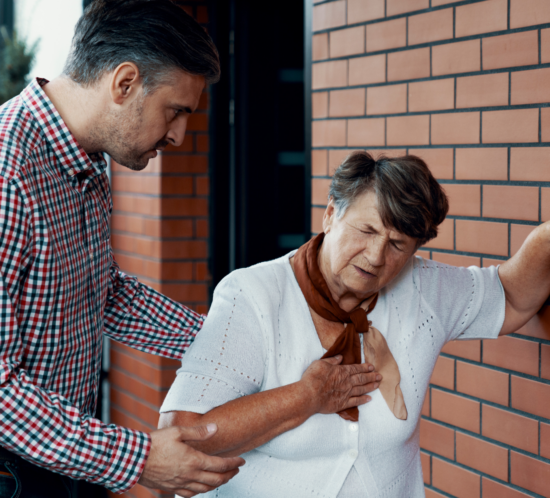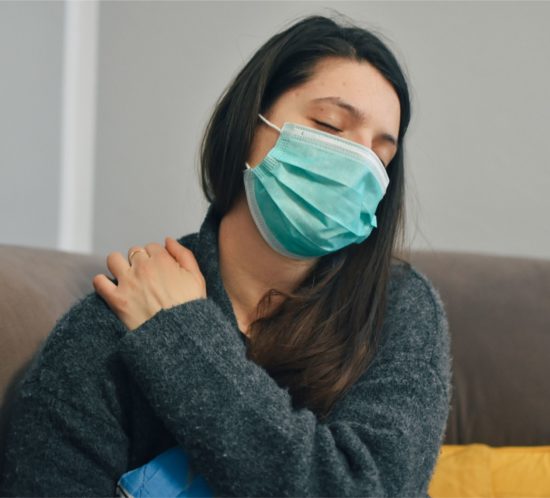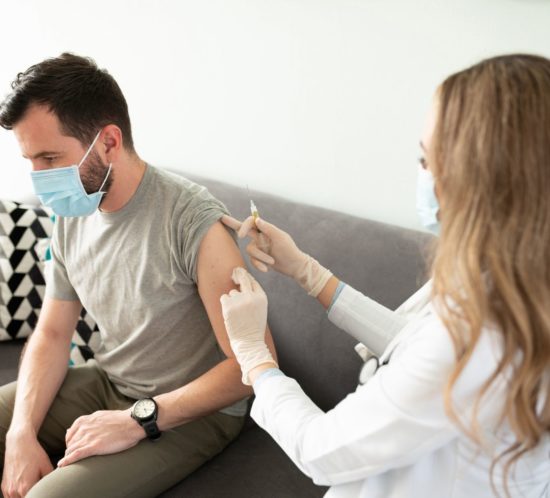Understanding Shortness of Breath: When to Seek Help and What to Expect
Shortness of breath, medically known as dyspnea, is a common yet concerning symptom that can significantly impact your quality of life. While it can sometimes be attributed to a lack of physical fitness or a temporary respiratory infection, persistent or severe shortness of breath may indicate an underlying health issue that requires professional attention. READ MORE










